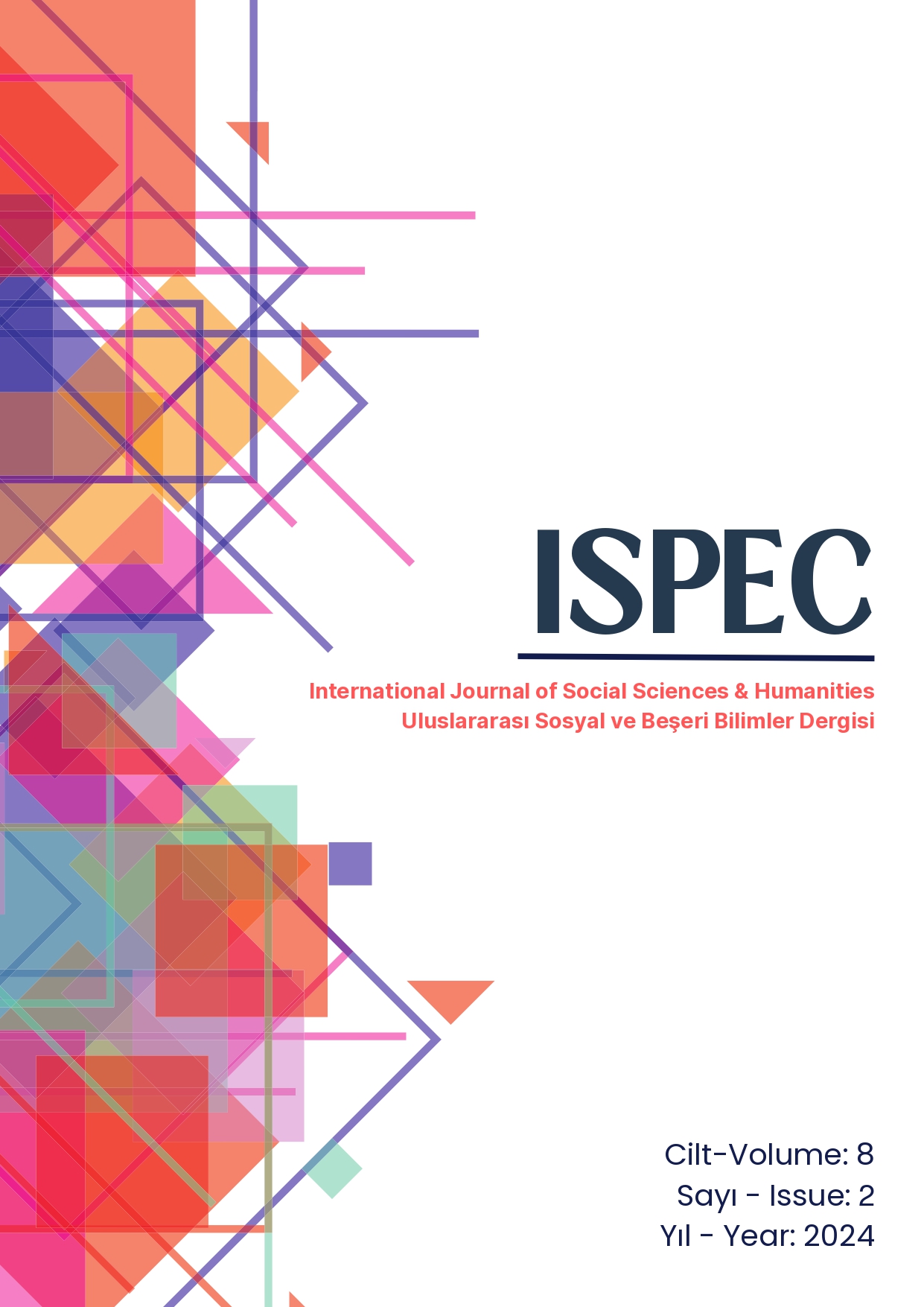Personality Development from Jung's Perspective
DOI:
https://doi.org/10.5281/zenodo.12511787Keywords:
Jung, personality, typology, analytical psychology, introvert, extrovertAbstract
The aim of this review article is to explain personality development from Carl Gustav Jung's perspective. Theories about personality development date back to Hippocrates. Personality is defined as the characteristics that come with the birth of an individual and distinguish him from others. Jung, who read Freud's book The Interpretation of Dreams in 1903, was greatly influenced by Freud. However, since Freud's theory was based on sexuality, it did not coincide with Jung's thoughts. With this difference of opinion, he officially parted ways with Freud in 1914 and continued his studies under the title of analytical psychology. Jung, who discusses human life in two basic parts: integration and individualization, explains that consciousness, personal unconscious and collective unconscious are the parts that make up the human soul. While drawing attention to the effect of typology, Jung defined personality as extrovert and introvert. However, he talks about four functional personality types and explains that they can be either introvert or extrovert. Accordingly, Jung, who combined two attitudes and four functions, explained eight psychological types.
References
Bilsen, O., Z. (2020). Kişilik: Tanımı, Kişilik Bozuklukları ve Yapılan Çalışmalar. İstanbul: Efe Akademi.
Boeree, C. G. (1997). Carl Jung 1875-1961. Personality Theories, 8(29).
Çelik, Â. (2004). Dini Değerler Bağlamında Kişilik Gelişimi, Yüksek Lisans Tezi, Ankara.
Fordham, F. (2015). Jung Psikolojisinin Ana Hatları, A. Yalçıner. (Çev.).9. Basım. İstanbul: Say.
Gökalp, N. (2010). Psikoloji Felsefesi, 1.Baskı. Ankara: Ebabil.
Hall, C., S. & Nordby, V., J. (2006). Jung Psikolojisinin Ana Çizgileri, E. Gürol. (Çev.).1. Basım. İstanbul: Cem.
İnceoğlu, M. (2011). Tutum Algı İletişim, 6.Baskı. İstanbul: Siyasal.
Jung, C.G. (1936). The Concept of the Collective Unconscious. Journal of St. Bartholomew’s Hospital , 99-104.
Jung, C.G. (2006). Analitik Psikoloji. E. Gürol. (Çev.). 2.Baskı. İstanbul: Payel.
Jung, C.G. (2016). İnsan Ruhuna Yöneliş, E. Büyükinal.(Çev.). 10. Baskı. İstanbul: Say.
Kurt, W., N. (2011). Motivation and Personality: An Examination of the Big Five Personality Trait Factors and Their Relationship with Sales Performance in a Non-Cash Incentive Program, Capella University, Minnesota. s. 15.
Gürses, İ., & Kılavuz, M., A. (2016). Kuşakların ahlâkî değerleri birlikte öğrenmesi: Kohlberg’in ahlâkî gelişim kuramı açısından bir değerlendirme. Uludağ Üniversitesi İlahiyat Fakültesi Dergisi, 25(1), 97-117.
Magnavita, J., J. (2016). Kişilik Kuramları, Psikoterapi Enstitüsü. (Çev.). 1.Baskı. Psikoterapi Enstitüsü Eğitim Yayınları.
Sambur, B. (2005). Bireyselleşme Yolu: Jung’un Psikoloji Teorisi. Ankara: Elis.
Snowden, R. (2012). Jung Kilit Fikirler, K. Atakay. (Çev.). İstanbul: Optimist.
Sayar, K. & Dinç. M. (2008). Psikolojiye Giriş, 1.Basım. İstanbul: Dem.
Türk Dil Kurumu Sözlüğü (2012). Ankara: Türk Dil Kurumu.
Taymur, İ., & Türkçapar M., H. (2012). Kişilik: tanımı, sınıflaması ve değerlendirmesi. Psikiyatride Güncel Yaklaşımlar; 4:154-177.
Turan, Y. (2009). Kişilik Özellikleri ve Dinsel Yönelimler Üzerine Bir Araştırma. Doktora Tezi, İstanbul.
Ukray, M. (2016). Jung Psikolojisi, Ankara: Yason.
İsen, G. & Batmaz, V. (2006). Ben ve Toplum, 1.Basım. İstanbul: Salyangoz.
Ünlü, S. (2001). Kişilik Kuramları, Anadolu Üniversitesi. Açıköğretim Fakültesi.
Downloads
Published
How to Cite
Issue
Section
License
Copyright (c) 2024 ISPEC International Journal of Social Sciences & Humanities

This work is licensed under a Creative Commons Attribution-NonCommercial-NoDerivatives 4.0 International License.






